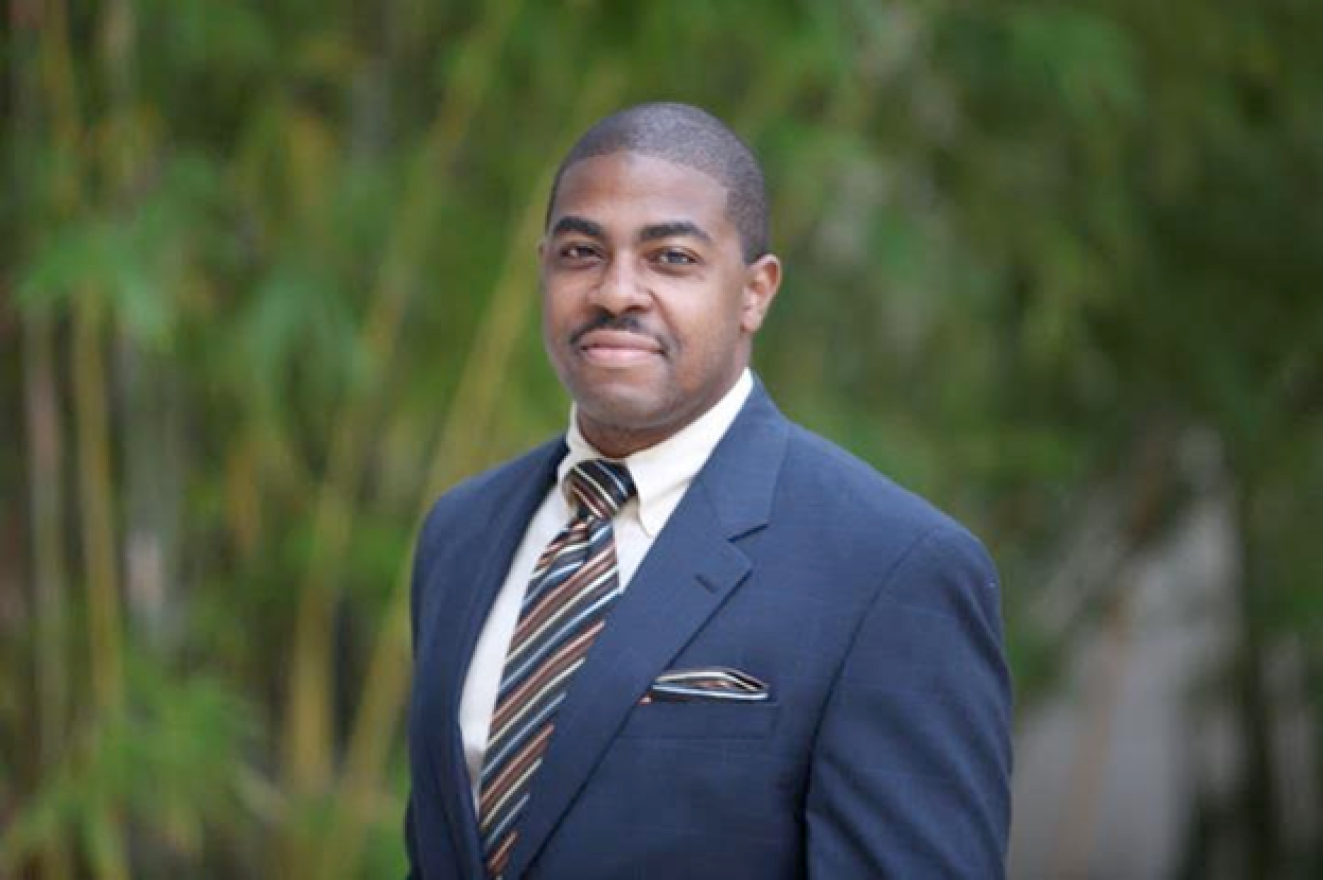
Black-White Homeownership in Florida
While Black homeownership is increasing, a study from the National Association of Realtors shows that Black homeownership still lags behind white ownership by nearly 30%.
Randall Croom, Associate Professor of Management at Stetson University, said the discrepancies are problematic.
“Homeownership is not only a reflection of financial attainment, it’s also a driver for financial attainment. If there are disparities in homeownership rates, we should expect follow on effects for other disparities economically.”
Croom said there are several factors impacting black homeownership, including wealth gap between white and Black people, and the rate at which mortgages are approved or denied.
“In the state of Florida, the denial rate for black applicants is 21.8% of mortgage applications, that compares to white applicants at about 14.3%.”
In 2021, a study by Freddie Mac found that homes in Black and Latino neighborhoods in the U.S. were twice as likely to have their homes undervalued compared with homes in white neighborhoods.
Croom said there are indications that the unbalanced rate still holds true in 2024, pointing to a study by the Brookings Institute that finds, “that homes in Black neighborhoods are valued roughly 21% to 23% below what their valuations would be in non-Black neighborhoods.”
In Orlando, the average home owned by a Black person is valued at $45,000 less on average than a home owned by a white person, according to Croom.
He said those differences become clear when people sell their homes.
“The way that your house is appraised today, the value of it determines your home equity lines of credit and determines what you might be able to pass on to someone when you pass on, which further exacerbates the race based wealth gap.”
Getting over the hurdle
In addition to higher rates of mortgage rejections, Croom said Black homebuyers are facing the same issue as their counterparts in Florida of expensive housing prices.
“However, because there are racial disparities in wealth and income, it might be more out of reach, on average, for a Black family than it is for a white family that's in the same area here in Florida.”
Beyond high costs, Croom adds that not having knowledge of the process can be a roadblock.
“It helps if you have someone who has been through the home buying process to demystify it for you. The problem is that people often don't know what they don't know. Don't be afraid to ask and explore.”
Croom said one solution could be better incentives to increase the supply of homes in Florida.
History: How We Got Here
The famous poet Maya Angelou once said, “You can’t really know where you’re going until you know where you have been.”
When it comes to Black homeownership, Croom holds that sentiment true.
“There are times where there were instances of Black homeownership and events transpired that destroyed that homeownership.”
For example, Croom points to the Ocoee and Tulsa Massacres.
On November 2, 1920, Black residents in Ocoee attempted to vote on election day triggering a violent reaction from a White mob, who lynched Ocoee resident July Perry, burned homes and churches.
“There have been times where people who may have had homes that they could have passed on, were actually threatened, expelled and had to leave those homes.”
Also, Croom adds that there have been incidents of eminent domain in Florida, in which the government has the power to acquire private property for the benefit of the general public.
For example, Croom said, “where someone has built an interstate or highway through what was before a residential community that was inhabited primarily by black people or other people of color.”
Although it may add to the overall economic development of Florida, In order to move forward, Croom said it's important for leaders to think about where things are placed so it does not hurt residential home values.





